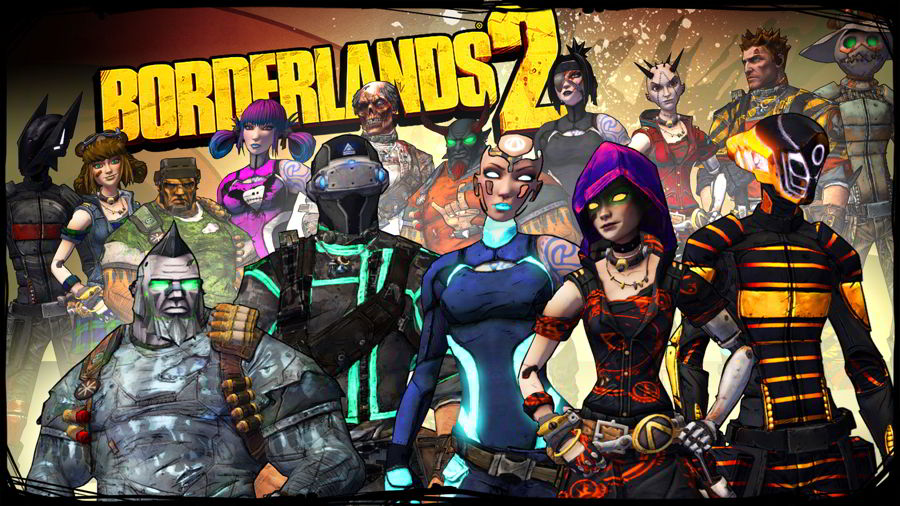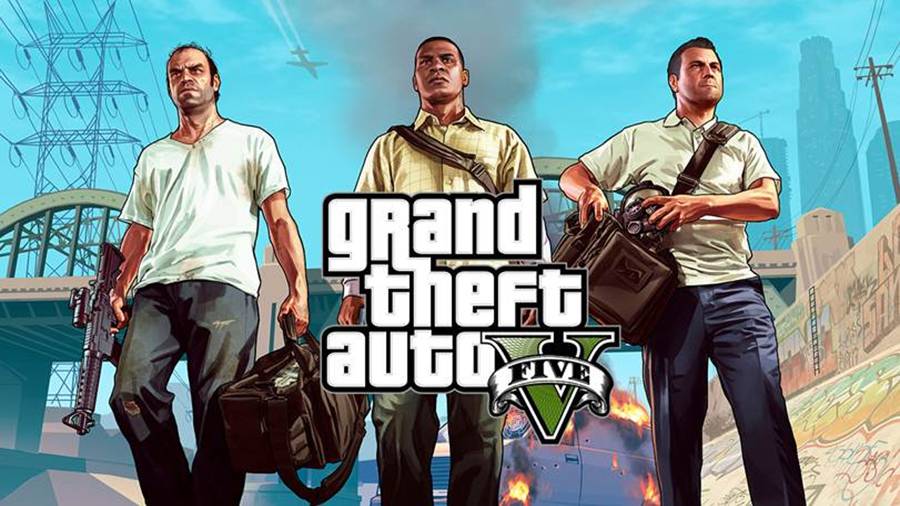The Hot Market of Casual Gaming
“Casual gaming” didn't really exist in my terminology until last year. As well-known as it already seemed to be, this style quietly crept onto my radar just right after I started surfing around the game selection in Apple’s App Store. I found that “casual games” is a extensive generalization addressing just about any game with simplistic guidelines and controls of which may be figured out quickly and does not require too significant a good choice of time. And what far better method to use up the little time in line at the food store as compared to to storm a fort or two? One time I got into this category a little bit further, I realized the fact that the idea have been around for quite some period of time (in its virtual realm).
It’s commonly accepted the fact that Microsoft’s Solitaire has been the actual first casual computer game. Available along with every Microsoft Operating system since Windows 3.0 in 1990, it is theorized that in excess of 400 million people young and old have enjoyed at the very least one match of solitaire since its inception.[1] I’ve been incapable to acquire any fact on exactly how many of these games have been played on the job, nonetheless my extremely scientific evaluation would be…a significant amount of them.
Minesweeper and Tetris landed on the market very closely thereafter and as computer, world wide web, along with cellular phone advances exploded, so did casual gaming. It’s very simple to acquire a game you want; now there are a sufficient amount of downloadable video games in addition to online flash game sites along with every game offering you can think about. And also, almost every transportable electronic device arriving onto the scene nowadays seems to have at the very least one “time waster” game or two on it. Because portable units like the iPhone and Android become more and more effective, the casual gaming alternatives turn out to be progressively numerous.
Social casual gaming via web based games is all the rage most recently. Farmville for instance, in case you’re not familiar with the online game, lets you to construct your very own farmville farm, improve crops, take care of pets, together with much more, while cooperating virtually with your current close friends all around the universe. The overwhelming global recognition of games such as Farmville, with well more than 24,000,000 “likes” on Facebook since its release in 2009, is without a doubt a good signal that we can expect many more games like this to get delivered on the scene in the not too distant future.[2]
Social gaming keeps on to grow throughout the United states; leisure gaming’s yearly growth rate was 17% from 2003 to 2006, while the overall US economy averaged merely 4% development in the equivalent time period. In 2006 the gaming market’s Gross Domestic Product was $3.8 billion.[3]






 Nintendo must learn from 3DS mistakes for Wii U launch
Nintendo must learn from 3DS mistakes for Wii U launch Star Wars Battlefront wouldnt be as good if Star Wars wasnt in it, and other nonsense
Star Wars Battlefront wouldnt be as good if Star Wars wasnt in it, and other nonsense Watch Dogs Guide: Crafting Guide
Watch Dogs Guide: Crafting Guide How to make wooden planks in Minecraft
How to make wooden planks in Minecraft The Devils in the Detail: Deus Ex
The Devils in the Detail: Deus Ex